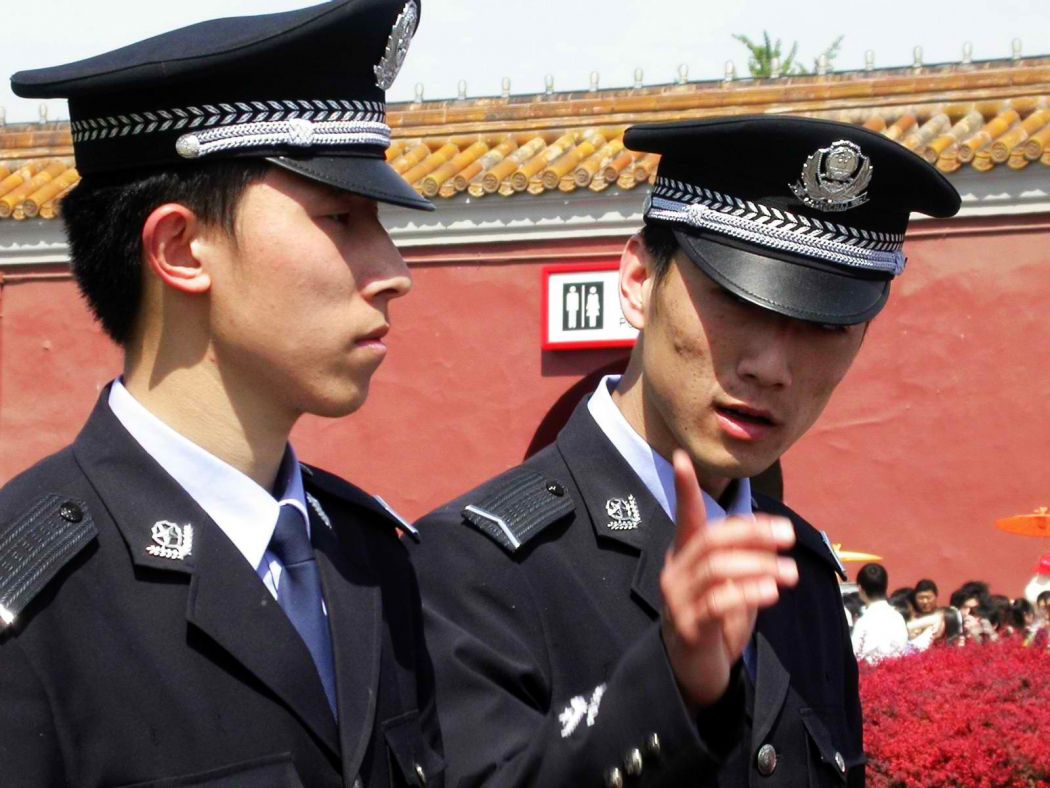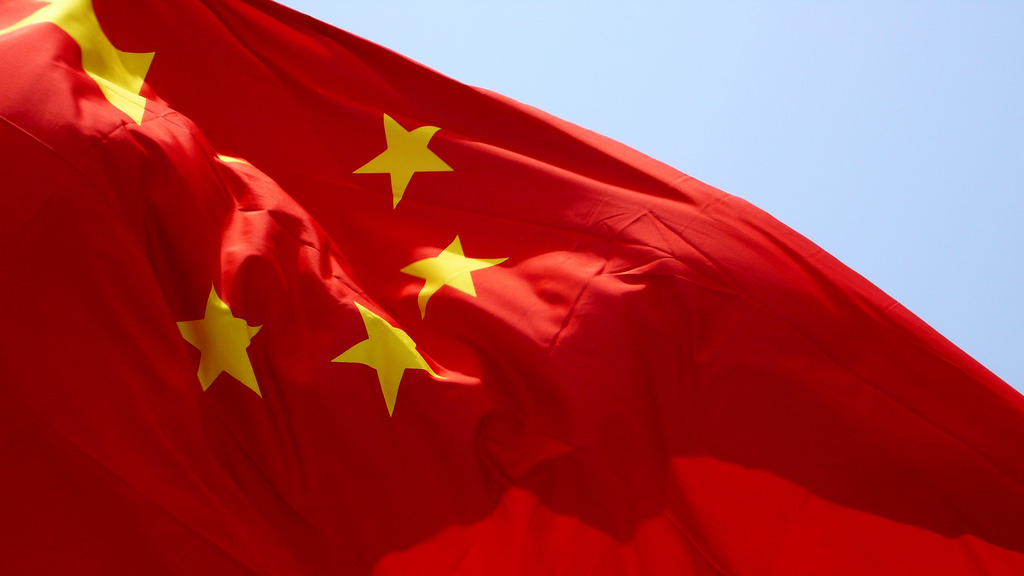August 30 is set aside each year as the International Day of the Disappeared to raise awareness of the victims of enforced disappearances and to end the terrifying state practice.
The practice involves authorities taking someone using agents of the state, or those acting on their behalf, followed by a refusal to acknowledge that person’s fate or whereabouts. For those who are taken, the risk of torture and other forms of ill-treatment is high.

In a report presented at the September session of the United Nations Human Rights Council, the Working Group on Enforced Disappearances highlighted that from February to May alone, it had responded to 20 new cases of enforced disappearances in China. Recently, the group had had sent other forms of communications to the Chinese government, including a joint letter last August on the use of Residential Surveillance at a Designated Location (RSDL), following a submission from Safeguard Defenders, which I am a co-founder of, along with the International Service for Human Rights, Network for Chinese Human Rights Defenders, and the Rights Practice.
RSDL empowers police to take and hold someone in secret for up to six months. But seldom are they released after six months. Although the law ostensibly provides for the right to legal counsel or the notification of family members, exceptions in the law that have become the rule permit for the denial of procedural safeguards, important for preventing enforced disappearances and torture. Safeguard Defenders and others have extensively documented cases of abuse in RSDL.
Responding to the Working Group three months later, China claimed that disappearances under RSDL do not exist, which is an abject falsehood. This echoed China’s denial of extrajudicial “black jails” following the UN’s 2009 Universal Periodic Review before the Human Rights Council. Although a few years later, China acknowledged the existence of “black jails” and claimed that they were abolished. This happened conspicuously around the time that RSDL came into law.
China continues to mask its human rights abuses behind the rhetoric of the rule of law.
Land of disappearances
As I argued in The People’s Republic of the Disappeared, China has institutionalised arbitrary and secret detention, from extrajudicial to formalised criminal procedures.

Between around 2005 and 2012, China experimented with a system of secret detention centres known as “black jails.” During the 2009 Universal Periodic Review, mentioned above, my former organisation China Action campaigned foreign embassies in Beijing to press China on this abusive and highly secretive detention system.
Despite the victims’ testimonies and evidence provided, China characteristically denied their existence. Even so, 2011 was characterised by the extensive use of arbitrary and secret detentions, including many high-profile cases, including artist Ai Weiwei. This lead to a statement in April 2011 from the Working Group on Enforced Disappearances saying: “[T]here is a pattern of enforced disappearances in China, where persons suspected of dissent are taken to secret detention facilities, and are then often tortured and intimidated…”
While “black jails” served a purpose, their ongoing extrajudicial presence was an obstacle to China’s rhetoric of the rule of law. But with amendments to the Criminal Procedure Law (CPL) concluding, by 2012, China had a new weapon in its arsenal of secret detention — RSDL — which the CPL gave rise to.

Since the CPL was amended, China has further institutionalised arbitrary and secret detention through regulations on RSDL and in 2018, arguably demonstrating the state’s reliance upon such repressive measures with a constitutional amendment.
In March 2018, following the National People’s Congress, China not only changed the Constitution to remove term limits for Xi Jinping but also to allow the National Supervision Law (NSL) authority over a coercive measure known as liuzhi. The NSL clearly replicated the statutory language found in the CPL by granting authorities the power under liuzhi to take and hold suspects for up to six months in secret.
But whereas RSDL on paper only applies to certain types of crimes, liuzhi may be used against nearly anyone, from the 90 million members of the Communist Party to many employees at all state-owned or affiliated institutions from businesses to universities. Most famously, it was under this new provision that China disappeared former Interpol President Meng Hongwei in October.
This doesn’t even begin to address the more than one million Uighurs and Kazakhs who have disappeared into internment camps across Xinjiang, a prima facie crime against humanity.
A story of disappearance: Fu Changguo
Fu Changguo, a labour rights defender and member of the Shenzhen Dagongzhe Workers Centre, is an emblematic case of disappearances in China. During last year’s Jasic factory incident in Shenzhen, like numerous other student and labour activists arrested or disappeared, Fu Changguo was detained on August 10, 2018.
因支持佳士工友维权而被捕.jpg)
A month after he went missing, the Hong Kong-based organisation Worker Empowerment (WE) released a statement of concern over his incommunicado detention, and again, a year later on August, as he was still missing. During this whole time, he had only been visited by a lawyer once and his family was even denied requests that he be released on bail to attend his mother’s funeral in December.
Fu was moved to an undisclosed location in January but his family wasn’t told until March. They only found out he had been under RSDL since January in May. But still, they had no idea where he was. Although police gave his family paperwork in July saying that his RSDL had ended, when I last spoke with his friends at Worker Empowerment, Fu remained disappeared.
This Day of the Disappeared, Safeguard Defenders joins an international coalition of human rights organizations calling on the Chinese government to stop all forms of enforced disappearances.
A New Day Without Disappearances
China must abolish those sections of domestic law that permit secret detention. It must pass new legislation that defines and criminalizes enforced disappearances, and ensures the effective right to prompt access to legal counsel, requires all detainees’ real names be recorded in registers that include the date, time, location and all interrogation records, and other measures in line with international norms to end enforced disappearances. It must also protect the rights of victims and family members to seek remedy and know the truth.
Hong Kong Free Press relies on direct reader support. Help safeguard independent journalism and press freedom as we invest more in freelancers, overtime, safety gear & insurance during this summer’s protests. 10 ways to support us.

